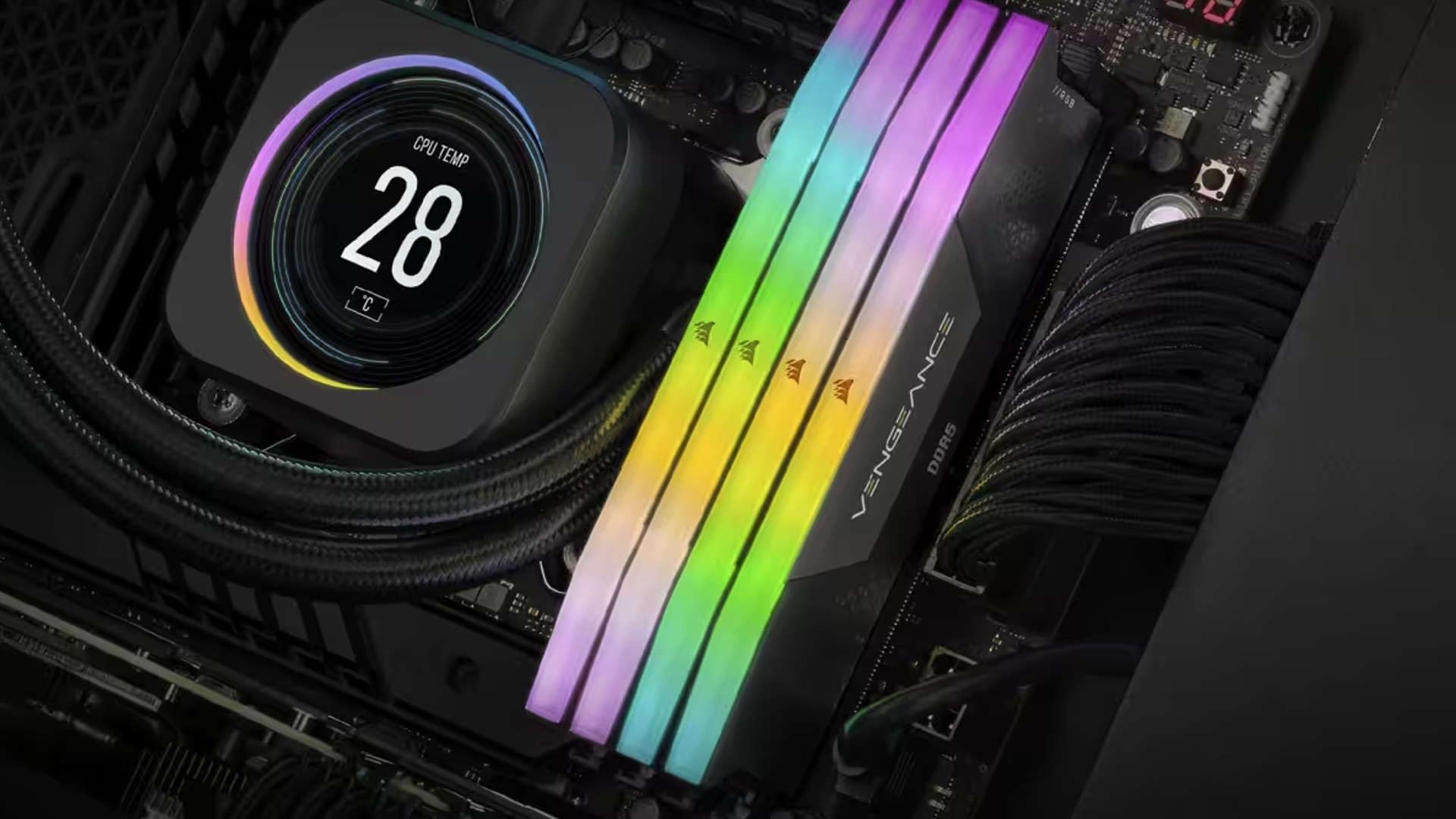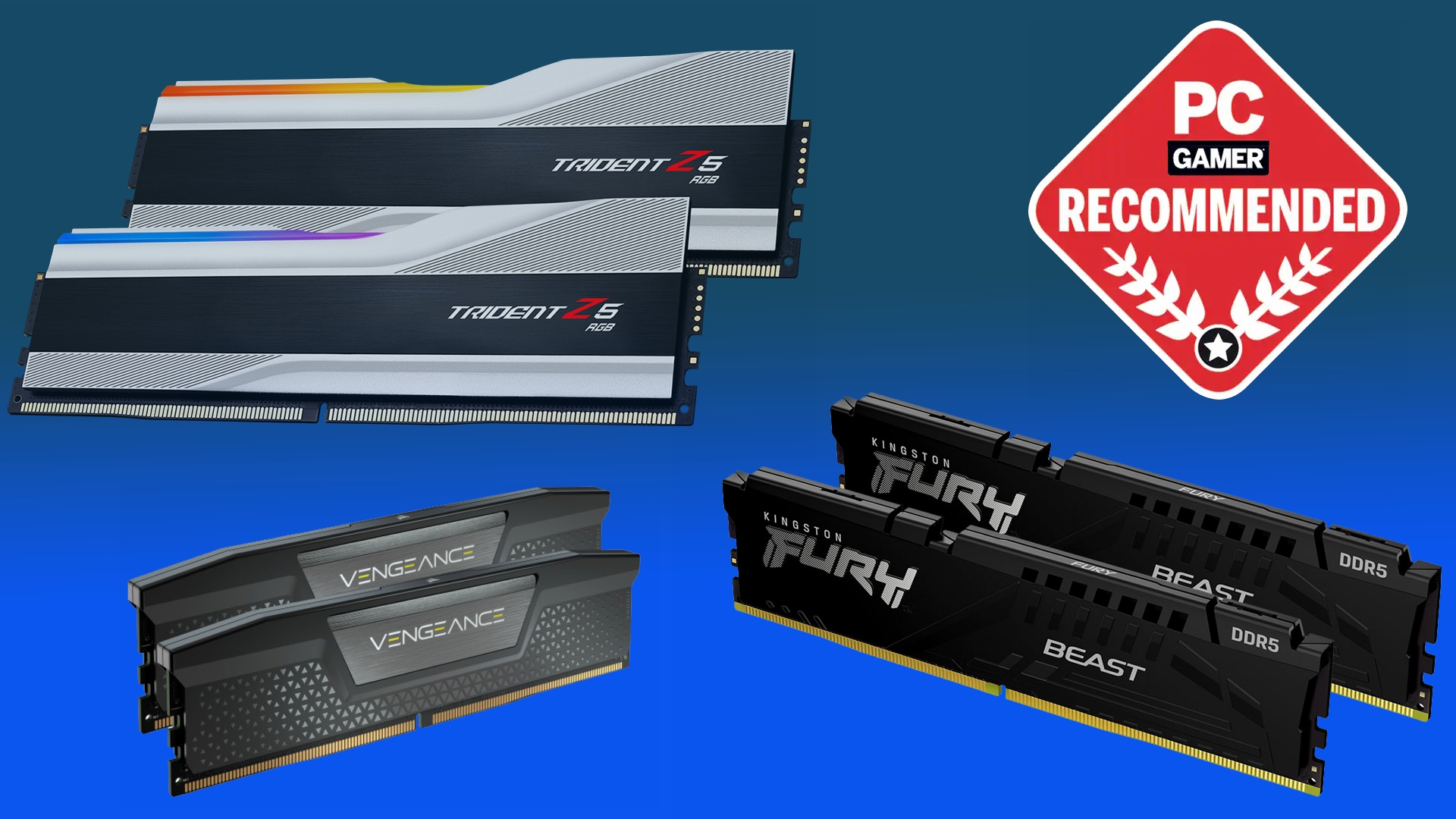MSI releases Intel BIOS with support for 256GB of RAM, just in case 192GB isn't enough
Too much is better than not enough.

Your typical gaming rig doesn't need anywhere near 256GB of RAM, but we do use our PCs for things other than gaming. Things like content creation or virtual machines come to mind. Either that or running Chrome with a hundred tabs open.
If you are one of the few that needs capacious amounts of system memory, you're in luck. MSI has begun the process of rolling out Intel 600 and 700-series motherboard BIOSes that support up to 256GB of system RAM. These BIOSes are in addition to those it has already rolled out that add support for 256GB of RAM to its AM5 motherboard range.
When Intel's 12th Gen family and 600-series motherboards launched, the maximum amount of VRAM you could install was 128GB. For most of us that was fine, but when you start factoring in RAM-hogging things like virtual machines, software development, multi-channel music production or any of a thousand other things, even 128GB can be limiting.
Then came non-binary memory, which meant you could buy modules with half steps. It's nice to have the option to install 2x 24GB of RAM, which plugs the large gap between 2x 16GB and 2x 32GB configurations. To accommodate these odd capacities, DDR5 platforms received BIOS updates that increased the maximum amount of RAM to 192GB (4x 48GB).

Best DDR5 RAM: the latest and greatest
Best DDR4 RAM: affordable and fast
Until now, RAM-demolishing tasks required an expensive HEDT system or workstation memory, which usually means an expensive motherboard and CPU to go with it. Though you're still limited to dual channel support on mainstream platforms, the ability to install up to 256GB of RAM will definitely appeal to a subset of users.
Don't expect 4x 64GB or 2x 128GB RAM kits to come cheap. Even a 4x 48GB kit will set you back somewhere in the region of $650 for this Corsair DDR5-5200 kit, or £679 for the same kit directly from Corsair's UK store.
Suffice to say, buying a huge amount of memory only makes sense if you use applications that benefit from it. Gamers need not apply, though the idea of creating a 192GB RAM disk for a couple of games and 64GB for general use does have a certain appeal.
Keep up to date with the most important stories and the best deals, as picked by the PC Gamer team.

Chris' gaming experiences go back to the mid-nineties when he conned his parents into buying an 'educational PC' that was conveniently overpowered to play Doom and Tie Fighter. He developed a love of extreme overclocking that destroyed his savings despite the cheaper hardware on offer via his job at a PC store. To afford more LN2 he began moonlighting as a reviewer for VR-Zone before jumping the fence to work for MSI Australia. Since then, he's gone back to journalism, enthusiastically reviewing the latest and greatest components for PC & Tech Authority, PC Powerplay and currently Australian Personal Computer magazine and PC Gamer. Chris still puts far too many hours into Borderlands 3, always striving to become a more efficient killer.

